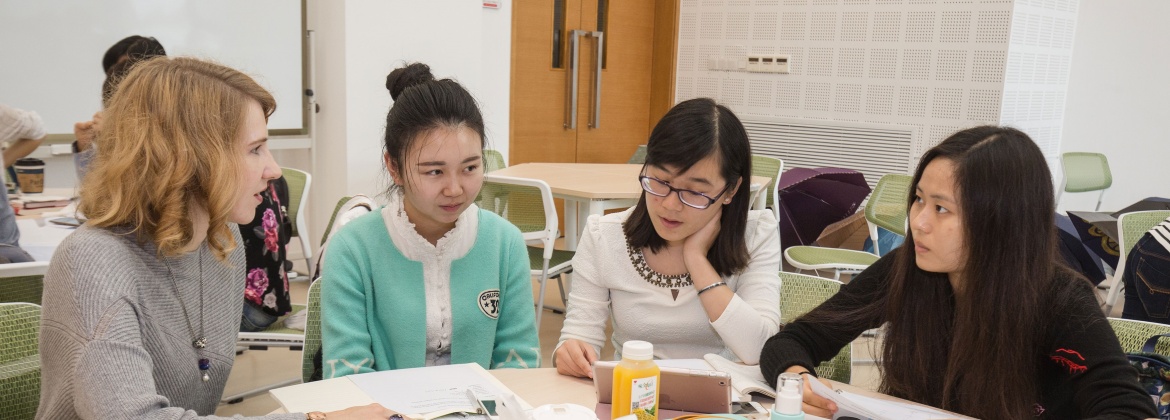
The PhD in English, Culture and Communication aims to help candidates produce academic results that contribute to the discipline and wider communities. We equip our students with theories and skills, provide academic support, and link them with industry, society and the globe.
Students will become independent researchers in areas including English language and culture, linguistics and applied linguistics, literature, translation and interpreting, film, digital media arts, arts and technology, entertainment industries, and media and communication.
The programme will be managed through collaboration between Xi’an Jiaotong-Liverpool University and the University of Liverpool. Upon successful completion of the programme, you will receive a degree from the University of Liverpool, which is recognised by China’s Ministry of Education.
Pursuing a full-time PhD typically involves three years of conducting research and one year of writing a thesis, supported by subject-specific and general skills training and development. A full-time PhD student must submit their thesis within four years (or six years for part-time PhD students).
Find a supervisor from
– Department of Applied Linguistics
– Department of Literature
– Department of Media and Communication
– Department of Translation and Interpreting
– School of Film and TV Arts (Suzhou Industrial Park Campus)
– School of Cultural Technology (Taicang Campus)
The scholarship application is open only to those applying for a full-time doctoral programme.
1) Apply for a scholarship for a funded PhD project:
You can apply for a predefined PhD project which has received funds from the University or external funding bodies. The research topic and supervisory team for these projects have already been established.
There is no specific application deadline for a project as it will remain open until the position is filled. The start date of a PhD programme is usually the first day of March, June, September, or December. You can visit the Postgraduate Research Scholarships Page for information about the specific PhD projects available or to contact potential supervisors to discuss funding opportunities.
2) Apply for a postgraduate research scholarship with your own project
Each academic year includes two application rounds for PhD candidates’ proposed projects.
| Application Rounds | Application deadline | Release of results |
| First Round | 17:00 CST(UTC+8), 15 October | End of December |
| Second Round | 17:00 CST(UTC+8), 15 April | Early July |
